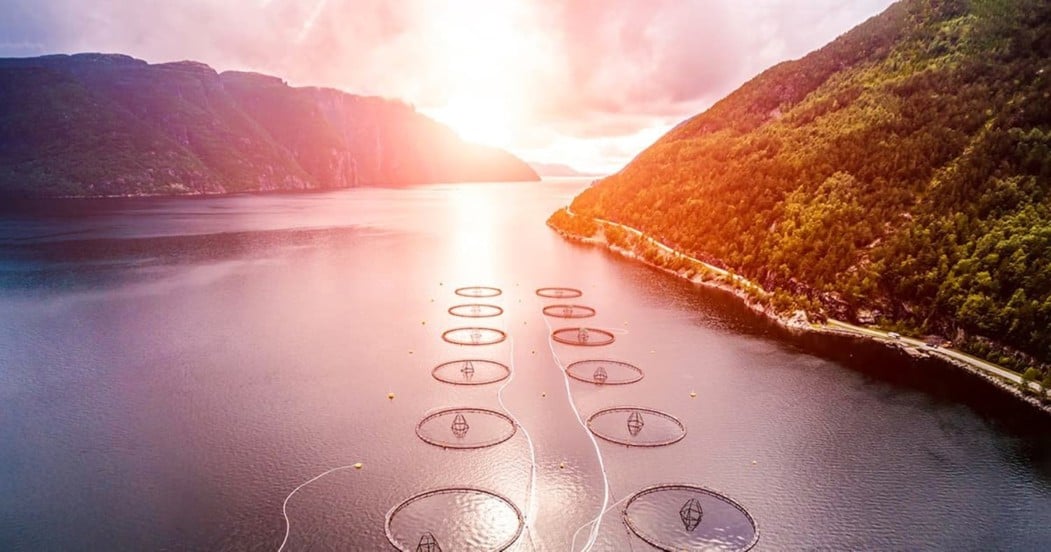Health and welfare
Health and welfare are at the core of everything we do as a company is an area where we can make a big difference, in partnership with our customers and other stakeholders in the value chain. Helping to make sure that animals are raised with optimal nutrition and good welfare is essential to achieve our mission of ‘Feeding the Future’ and can even have a significant impact on human health. We have committed to step up and assume responsibility for our position in the value chain by offering nutritional solutions that allow protein farmers to reduce their dependency on antibiotic usage.






